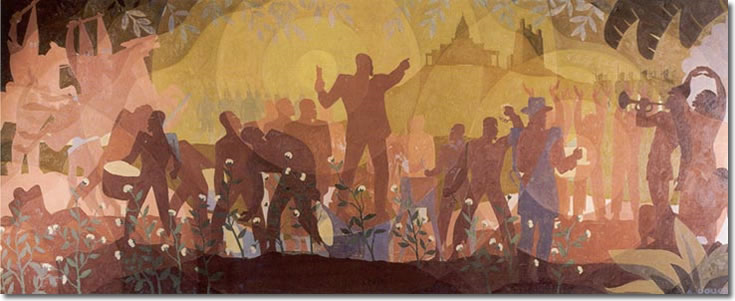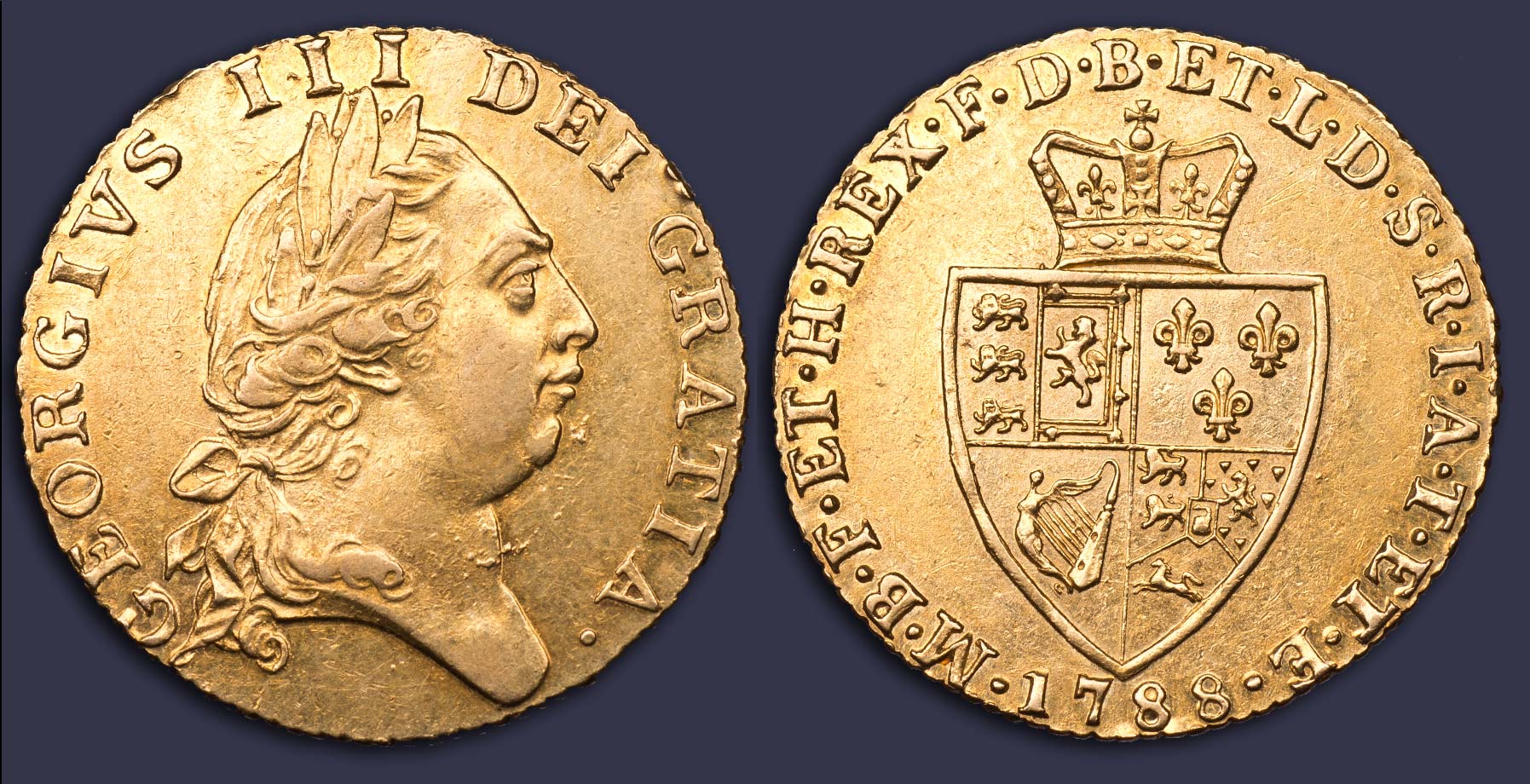"April is the cruelest month, breeding lilacs out of the dead land, mixing memory and desire, stirring dull roots with spring rain. Winter kept us warm, covering earth in forgetful snow"
Opening his poem with these lines, I notice a comparison that we as readers are not used to. How can April be cruel when its known as the season of life? We associate spring with relief from the cold and the dullness winter usually brings us making this statement somewhat contradictory. Similarly our poet reflects on winter as warm leaving the reader a little confused. Imagery like "dull roots" casts a shadow over a normally beautiful season we all look forward to.
"The apparition of these faces in the crowd;
Petals on a wet, black bough"
As we see with Ezra Pounds lines in his piece "A Station in a Metro", there is a similar style of contrast to describe something we would usually not notice. The faces in the crowd are described as an "apparition" which is usually associated with spiritual or ghostly things. However, as you continue to read the lines you see Pound finds beauty in the blur of people passing him by at the metro. Using words like black and apparition would usually present a dullness similar to Eliot's beginning lines but this contrast presents something entirely different to the reader. The theme of paradox is prevalent for modernist literature as we see with both authors here.
 The metaphor of a raisin drying in the sun combined with the beginning line speaking of a dream deferred, gives a feeling of hopelessness. The possibility of upward mobility seems almost nonexistent. Unlike "I Too Am American" I sense the frustration here our speaker evokes with little faith in what awaits his future. The painting I chose is perhaps a dramatized assumption of what Hugh's is expressing here, but nonetheless I think it displays that feeling of hopelessness for a better future.
The metaphor of a raisin drying in the sun combined with the beginning line speaking of a dream deferred, gives a feeling of hopelessness. The possibility of upward mobility seems almost nonexistent. Unlike "I Too Am American" I sense the frustration here our speaker evokes with little faith in what awaits his future. The painting I chose is perhaps a dramatized assumption of what Hugh's is expressing here, but nonetheless I think it displays that feeling of hopelessness for a better future. While the poem speaks of oppression and essentially slavery in so many words, it also ends with a very optimistic outlook. Even though ethnicity separates our speaker from the white household, there is a feeling of hope or confidence in the possibility of change. Tomorrow is future tense showing the poets hopefulness in eventual revolution. "From Slavery Through Reconstruction" reminds me of this process society must go through in order to achieve equality. In the painting a man points to the horizon which is lit bright representing the faith he has in the future. The light acts as a symbol of the united society he yearns for.
While the poem speaks of oppression and essentially slavery in so many words, it also ends with a very optimistic outlook. Even though ethnicity separates our speaker from the white household, there is a feeling of hope or confidence in the possibility of change. Tomorrow is future tense showing the poets hopefulness in eventual revolution. "From Slavery Through Reconstruction" reminds me of this process society must go through in order to achieve equality. In the painting a man points to the horizon which is lit bright representing the faith he has in the future. The light acts as a symbol of the united society he yearns for. I like Hugh's use of imagery here. He writes "rivers ancient as the world" to represent the history of African American heritage and the hardships they have endured. He is speaking on behalf of his race through the metaphor of a river. Aaron Douglas' "Into Bondage" could be representative of the river and unity shared by black Americans.
I like Hugh's use of imagery here. He writes "rivers ancient as the world" to represent the history of African American heritage and the hardships they have endured. He is speaking on behalf of his race through the metaphor of a river. Aaron Douglas' "Into Bondage" could be representative of the river and unity shared by black Americans.
 County directly North of London
County directly North of London "A gold coin issued in England from 1663 to 1813 and worth one pound and one shilling" (OED).
"A gold coin issued in England from 1663 to 1813 and worth one pound and one shilling" (OED).